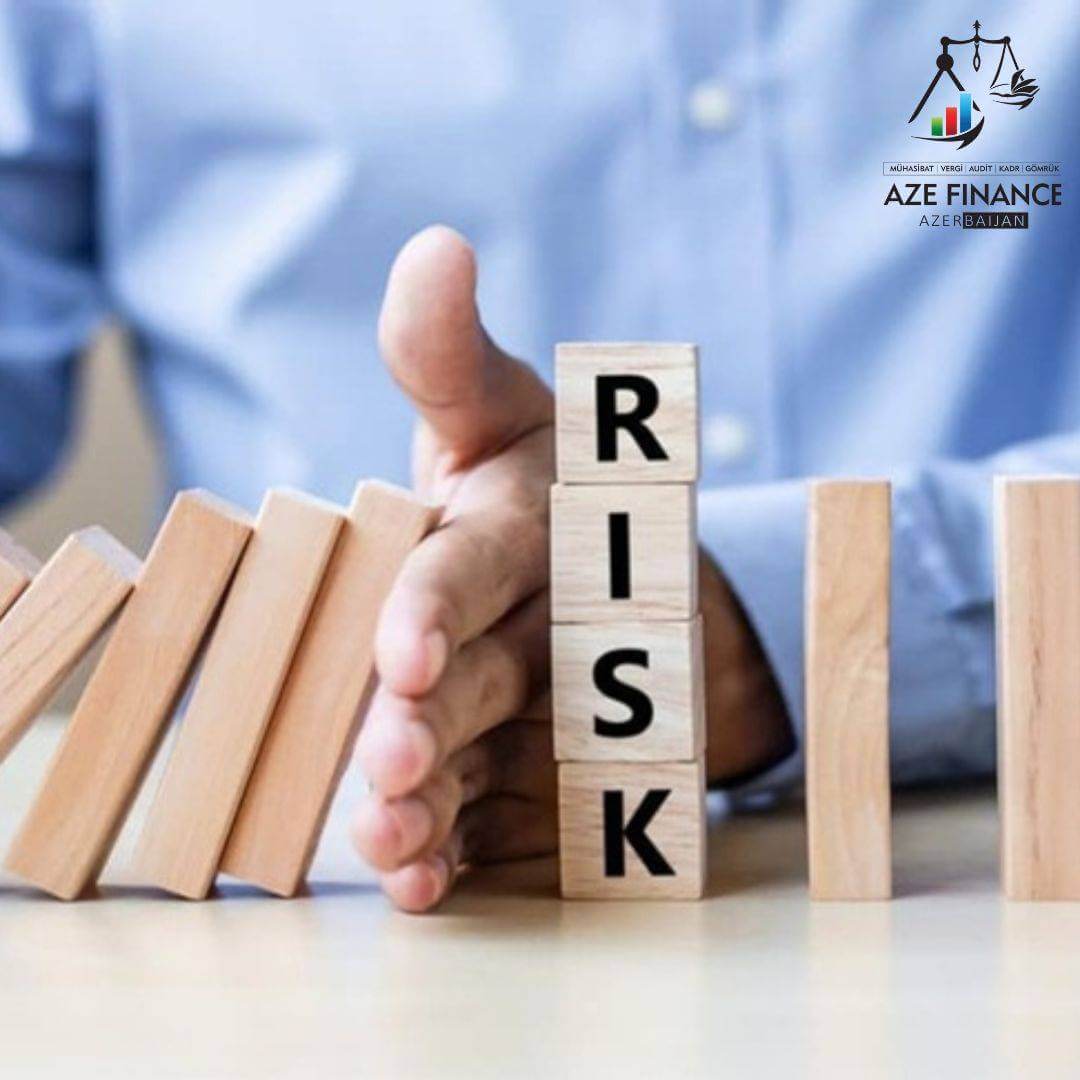3 NEW cases related to risky taxpayers
3 NEW cases related to risky taxpayers

One of the most important decisions for taxpayers, the "Risk Criteria of a Taxpayer and the Rules and Conditions for Including a Taxpayer in the List of Risky Taxpayers and Removing a Taxpayer from the List", has been amended.
According to the new amendment, a taxpayer can be considered a risky taxpayer only in the following 3 cases:
1. When providing work and services that require labor, fixed assets, raw materials and other economic resources, if the taxpayer does not have the above-mentioned economic resources and provides work and services, then the person providing the service will be considered a risky taxpayer. For example, a taxpayer provides repair services for a five-story non-residential building to another taxpayer. It is known that in order to provide these services, the taxpayer providing the service must have a workforce, the use of fixed assets may be necessary in carrying out repair work, the use of raw materials and materials may be required, but the taxpayer providing the service does not have any of these economic indicators, and has not involved another person as a subcontractor. In such a case, it is known that the taxpayer providing the repair services will be considered a risky taxpayer.
2. Persons who sell goods without formalizing the purchase of goods with an electronic invoice, a goods purchase act, or a cargo customs declaration will be considered risky taxpayers. However, some exceptions should be taken into account. If the tax authority presents goods that were previously formalized as undocumented goods during an operational or mobile tax audit of the taxpayer, then the taxpayer will not be considered a risky taxpayer. Also, when presenting property (vehicles, residential and non-residential premises) acquired through notarized contracts, goods obtained during production (from demolition, proceeds), and fixed assets invested in the authorized capital, the taxpayer will not be considered a risky taxpayer.
3. According to Article 13.2.81 of the Tax Code, persons conducting non-commodity transactions will be considered risky taxpayers. That is, the taxpayer has not actually provided any goods, work, or services. Simply, false documentation was carried out to conceal any transaction, in which case, of course, the taxpayer will be considered a risky taxpayer.

One of the most important decisions for taxpayers, the "Risk Criteria of a Taxpayer and the Rules and Conditions for Including a Taxpayer in the List of Risky Taxpayers and Removing a Taxpayer from the List", has been amended.
According to the new amendment, a taxpayer can be considered a risky taxpayer only in the following 3 cases:
1. When providing work and services that require labor, fixed assets, raw materials and other economic resources, if the taxpayer does not have the above-mentioned economic resources and provides work and services, then the person providing the service will be considered a risky taxpayer. For example, a taxpayer provides repair services for a five-story non-residential building to another taxpayer. It is known that in order to provide these services, the taxpayer providing the service must have a workforce, the use of fixed assets may be necessary in carrying out repair work, the use of raw materials and materials may be required, but the taxpayer providing the service does not have any of these economic indicators, and has not involved another person as a subcontractor. In such a case, it is known that the taxpayer providing the repair services will be considered a risky taxpayer.
2. Persons who sell goods without formalizing the purchase of goods with an electronic invoice, a goods purchase act, or a cargo customs declaration will be considered risky taxpayers. However, some exceptions should be taken into account. If the tax authority presents goods that were previously formalized as undocumented goods during an operational or mobile tax audit of the taxpayer, then the taxpayer will not be considered a risky taxpayer. Also, when presenting property (vehicles, residential and non-residential premises) acquired through notarized contracts, goods obtained during production (from demolition, proceeds), and fixed assets invested in the authorized capital, the taxpayer will not be considered a risky taxpayer.
3. According to Article 13.2.81 of the Tax Code, persons conducting non-commodity transactions will be considered risky taxpayers. That is, the taxpayer has not actually provided any goods, work, or services. Simply, false documentation was carried out to conceal any transaction, in which case, of course, the taxpayer will be considered a risky taxpayer.


